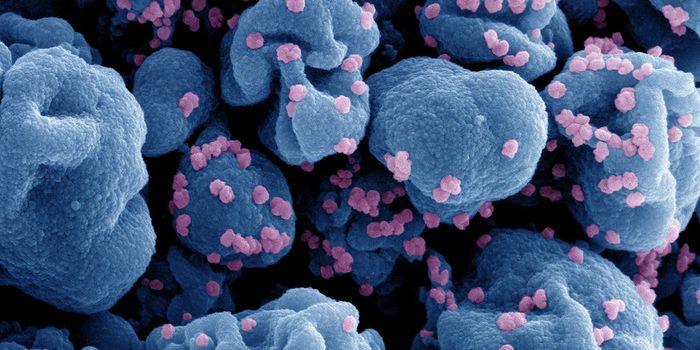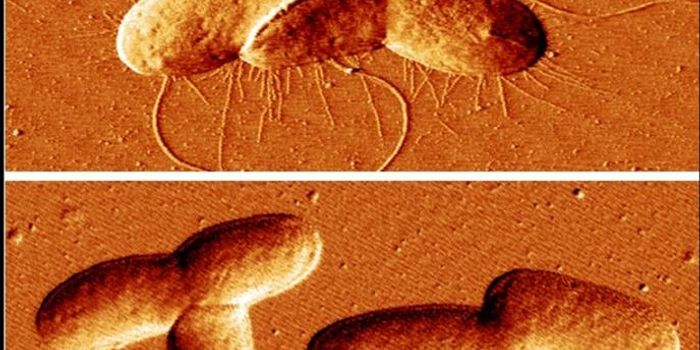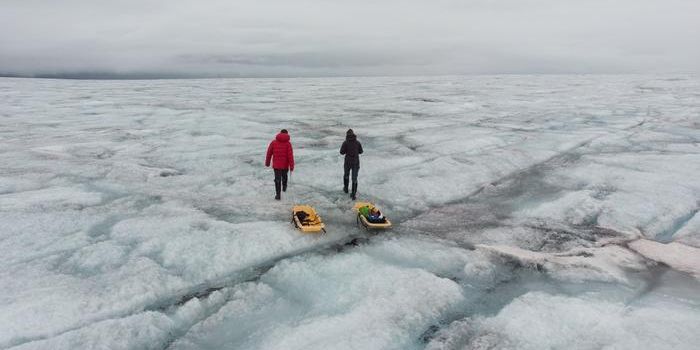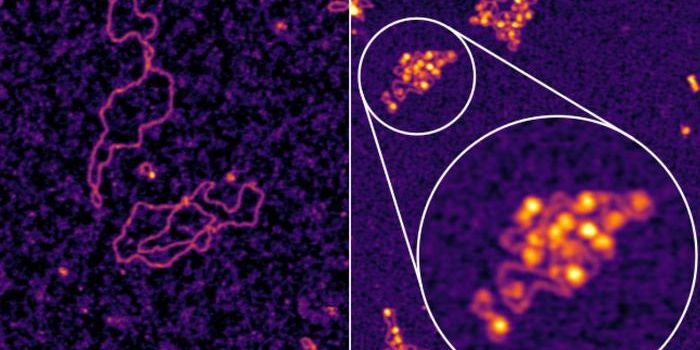Parasitic Worm Capable of Infecting People Now Found in Dogs
There are some small roundworms, also called nematodes, in the genus Strongyloides that can infect animals. Two species can infect people, including Strongyloides stercoralis. For the first time, researchers have found these parasitic nematodes in dogs in remote parts of northern Australia. The roundworm usually dwells in soil and was identified in dog feces samples by scientists from Flinders University working with US researchers.
"Ultimately, we were able to confirm for the first time that potentially zoonotic S. stercoralis populations are present in Australia and suggest that dogs might represent a potential reservoir of human strongyloidiasis in remote Australian communities," said Flinders graduate candidate Mira Beknazarova.
The parasitic worm is thought to infect as many as 370 million people worldwide, primarily in developing regions with poor sanitation and afflicted by poverty. Usually, people become infected by coming into contact with dirt that harbors the parasite; it can pass through the skin into the body, and moves to the gut to lay eggs. It causes strongyloidiasis, which impacts the gut and causes bloating, cramping, and diarrhea. Symptoms might arise about two weeks after infection and may also include nausea, constipation, weakness, or vomiting, and can lead to weight loss.
There are drugs that can treat a Strongyloides infection. However, doctors often don't know to look for the infection, which can persist and becomes chronic.
In this work, which was reported in PLOS Neglected Tropical Diseases, 273 samples of dog and four samples of human feces were screened to assess their DNA content. The researchers found two types of this parasitic worm.
"Our study was able to independently support previous reports of at least two genetically distinct groups of S. stercoralis; one infecting both dogs and humans and another group that is specific to dogs," Beknazarova revealed.
This work does not indicate that the parasite is being transmitted from dogs to humans, the researchers cautioned. Dr. Kirstin Ross of Flinders University noted that the study stresses the need for preventative strategies.
"Much needs to be done if you consider the risk to older and younger residents of Indigenous and non-Indigenous communities in northern Australia who are at risk of infection," said Dr. Ross.
"The latest results strongly support moves to treat both humans and dogs for the infection," she added.
Sources: AAAS/Eurekalert! via Flinders University, PLOS Neglected Tropical Diseases










